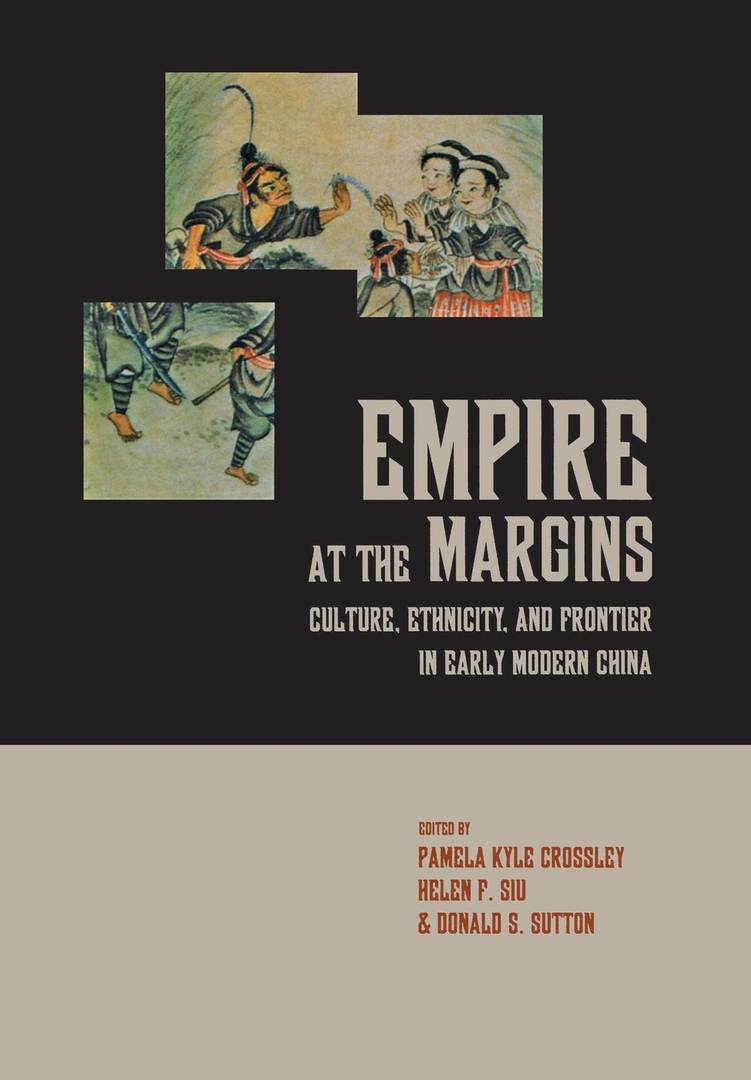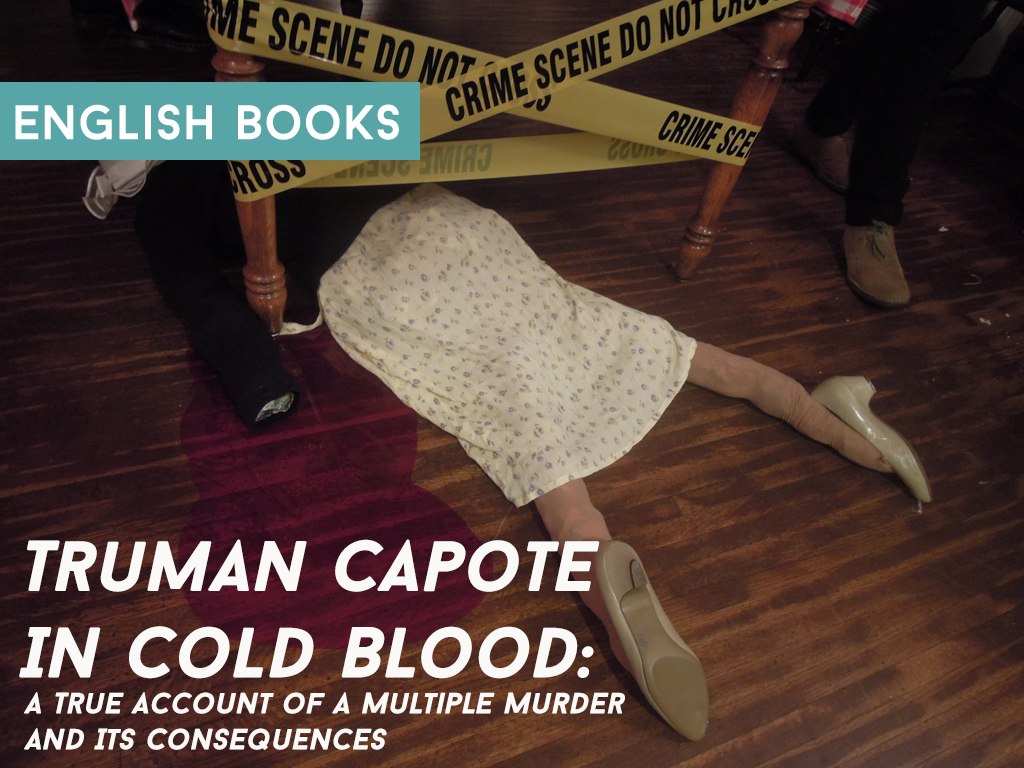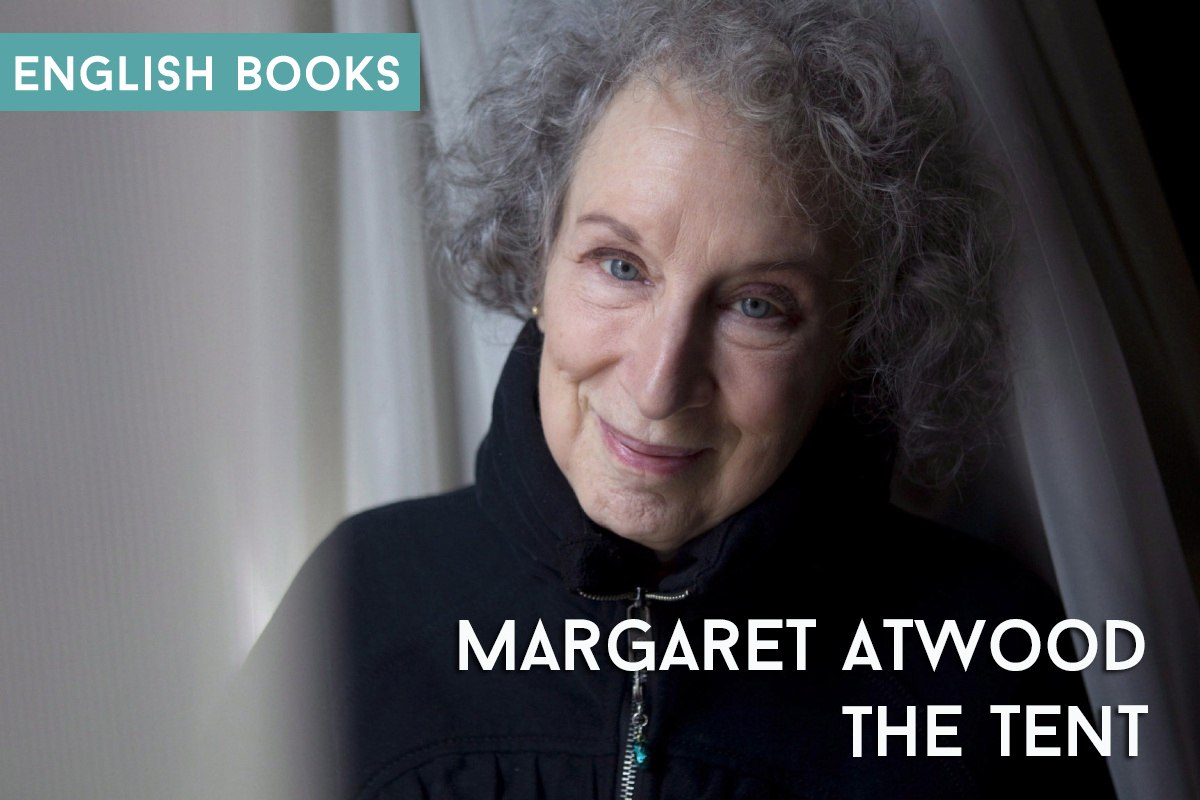Austria-Hungary and the Successor States: A
1) Austria-Hungary and the Successor States: A Reference Guide from the Renaissance to the Present – Eric Roman
Facts On File | 2003 | PDF
Austria-Hungary and the Successor States provides readers with a greater understanding of the fascinating history of the Austro-Hungarian Empire and the modern nations—Austria, Hungary, and the Czech Republic—that emerged as a result of the empire’s demise. Detailing the long history of the region, this comprehensive reference work utilizes a variety of formats, including a general narrative, a historical dictionary of A-to-Z entries, and a chronology. These fact-filled elements, each in its own way complementing the information contained in the other sections, provide an introduction to the historical events, people, politics, and cultures of this important region of Europe.
Written in an engaging style that is geared toward presenting information in the clearest manner possible, Austria-Hungary and the Successor States enables the non-specialist, student, and general reader to understand the turbulent history and transformation of this region from a monarchy under the Habsburg Empire into viable modern nations.
Coverage includes:
• Victor Adler • Anschluss Movement • Balkan Wars • Bela Bartok • Concert of Europe • Congress of Berlin • De-Stalinization • Sigmund Freud • Golden Bull of 1222 • Habsburgs • Vaclav Havel • Joseph II • János Kádár • Lajos II • Maria Theresa • Tomas Masaryk • May Crisis of 1938 • Wolfgang Amadeus Mozart • Imre Nagy • Prague Spring • Quadruple Alliance • Reformation in Austrian lands
Rudolf I of the House of Habsburg • Stadion Constitution • Josip Tito • Thirty Years’ War • Vienna • War of Spanish Succession • and more.
2) France: A Reference Guide from the Renaissance to the Present – William J. Roberts
Facts On File | 2004 | PDF
France offers a broad overview of the history of this nation noted for its cultural and political contributions to civilization. France has played a vital role in the history of the world, and its history illuminates many issues, ideas, and events that are important on a global scope. The Enlightenment, the French Revolution, and French colonialism in the Caribbean, Africa, and Southeast Asia have had a profound impact on the political, social, economic, and cultural shape of the world today.
France provides detailed information on the people, events, and issues that are crucial to the study of French history. It contains easy-to-use reference features such as an A-to-Z dictionary of people, events, and terms as well as a chronology of significant events. In addition, a short narrative history presents students with the essential facts of French history. For any student, non-specialist, or curious reader interested in the modern history of France, from the Renaissance to the present, this is an accessible, useful guide.
Coverage includes:
• Art Nouveau • Battle of Trafalgar • Battle of Verdun • Léon Blum • Napoléon I • Crimean War • René Descartes • Huguenots • Jacobins • Louis XIV • Positivism • Resistance • Socialism in France • Alexis de Tocqueville • Treaty of Aix-la-Chapelle • Vichy • Voltaire • World Wars I and II • Émile Zola.
3) Ireland: A Reference Guide From The Renaissance to the Present – John P. McCarthy
Facts On File | 2006 | PDF
Ireland, from the European Nations series, is a useful reference guide for any student interested in the modern history of Ireland. This volume provides a wealth of information on the people, places, events, and issues that are crucial to the study of Irish history, as well as a chronology of Irish history from the 16th century to the present and a general narrative of Irish history in the same time frame.
Ireland provides the public library, college, and high school reader with a foundation in Irish history. Major areas of coverage include Ireland’s special relationship with American history, Ireland’s troubled political history, and Ireland’s cultural contributions to the world.
Coverage includes:
• Gerry Adams • Belfast • Bloody Sunday, 1921 and 1972 • The Chieftains • Michael Collins • The Great Famine • Irish Republican Army • James Joyce • Land acts • Northern Ireland • Daniel O’Connell • Mary Robinson • George Bernard Shaw • Sinn Féin • Jonathan Swift • U2 • Waterford • William Butler Yeats.
4) Italy: A Reference Guide from the Renaissance to the Present –
Facts On File | 2004 | PDF
The home of popes and the Catholic Church, a place where celebrated artists and influential political thinkers have congregated, and a land of great beauty with a long and fascinating history, Italy is one of Europe’s most distinguished countries. Exploring more than 500 years of the country’s history, Italy provides readers interested in modern Italy or European history with a greater understanding of Italy’s past, from the Renaissance to the present.
Concise and comprehensive, this guide presents the milestones in Italy’s history in an interesting and readable way. Containing information in a variety of useful formats—including a concise narrative history, a chronology of important events, and an A-to-Z dictionary of key people, events, ideas, and places—Italy is a key reference to a country that is often studied in school and is of high interest to general readers as well. Major areas of coverage include Italy’s special relationship with America, Italy’s troubled political history, and the contributions made by Italian culture to the world.
Coverage includes:
• Agriculture • Black Shirts • Michelangelo Buonarroti • Italo Calvino • Baldassarre Castiglione • Christopher Columbus • Umberto Eco • Education • Ethiopian War • Futurism • Holy See • Italian Nationalist Association • Jews in Italy • John Paul II • Maria Theresa • Milan • Benito Mussolini • Opera • Papacy • Population • Quota 90 • Roman Question • Terni Steel Works • World War II • Young Italy.
5) Spain and Portugal: A Reference Guide from the Renaissance to the Present – Julia Ortiz-Griffin and William D. Griffin
Facts On File | 2007 | PDF
Spain and Portugal, a new title from the European Nations set, is a useful reference guide for any student interested in the modern history of Spain and Portugal. This reservoir of information contains a concise narrative history, a chronology, and an A-to-Z encyclopedia covering significant people, places, events, and issues in Spanish and Portuguese history. In addition to history, Spain and Portugal is useful for students studying Spanish and Portuguese culture and literature as well. The authors’ expertise in these areas adds an extra dimension to the content of the book by providing information that is not readily available in English anywhere else.
Coverage includes:
• Azores • Barcelona • Salvador Dalí • Francisco Franco • Federico García Lorca • Antonio Gaudí • Ignatius of Loyola • Madrid • Pablo Picasso • Spanish Inquisition • War of the Spanish Succession • Miguel de Unamuno.
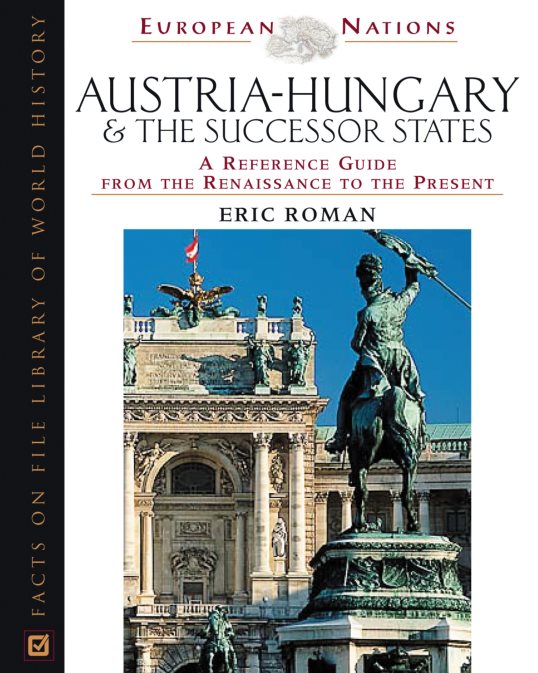 1 / 5
1 / 5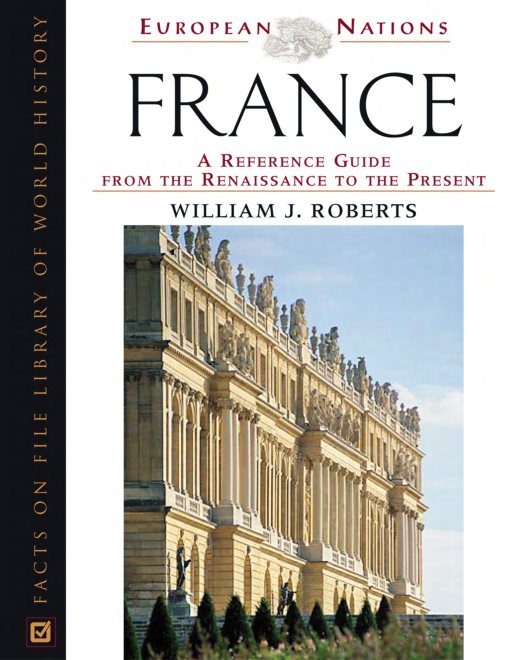 2 / 5
2 / 5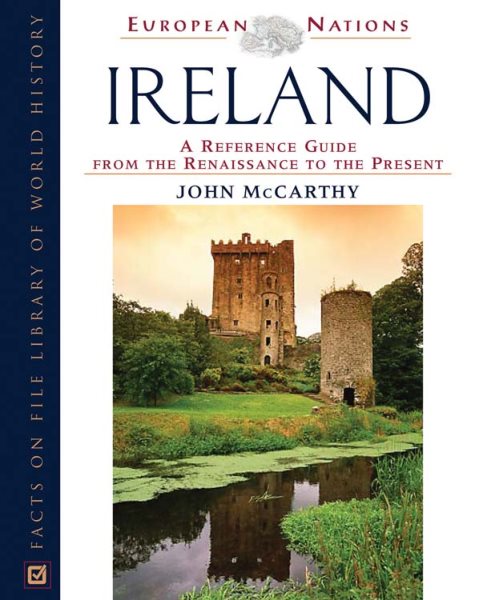 3 / 5
3 / 5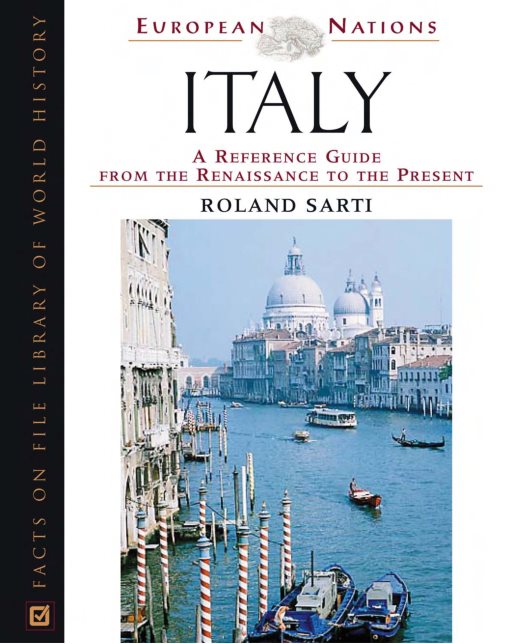 4 / 5
4 / 5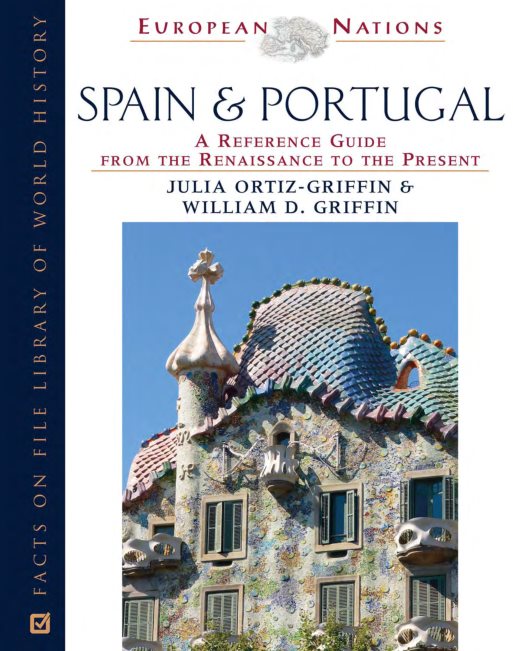 5 / 5
5 / 5